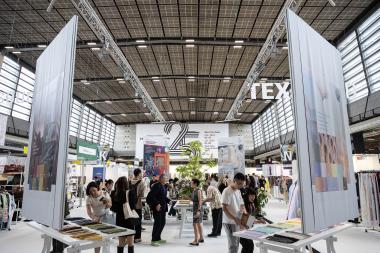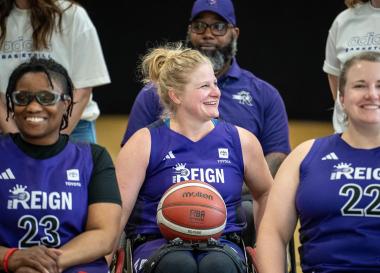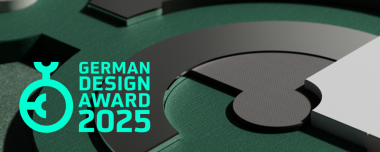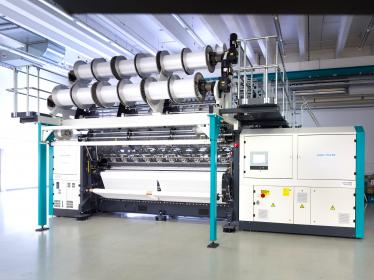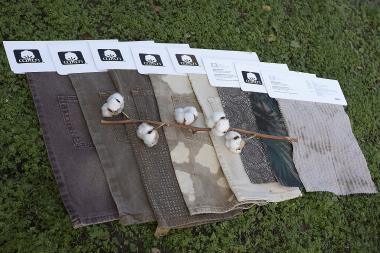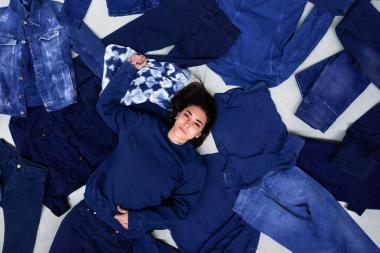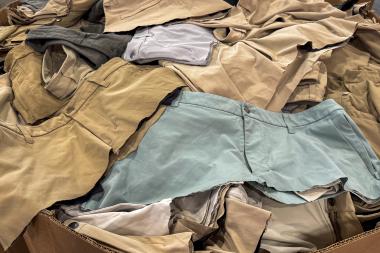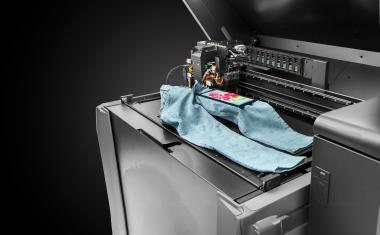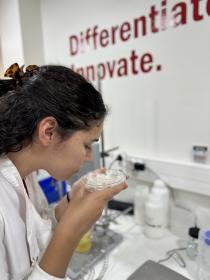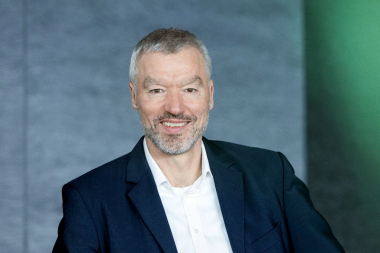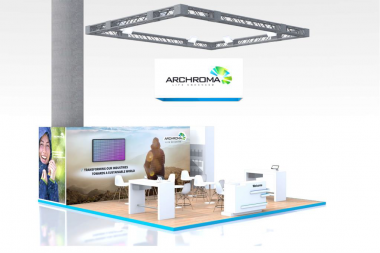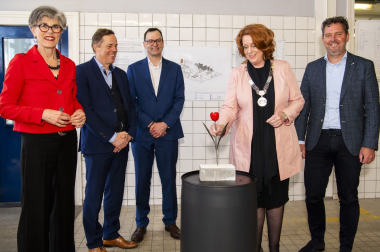Texworld Apparel Sourcing Paris taking place in July
Texworld Apparel Sourcing Paris opens its doors from 1 to 3 July at Paris Expo Porte de Versailles. More than a thousand exhibitors from the world's major sourcing countries will be offering inspirational sources for building collections for 2025-2026. This season's show will focus on suppliers of innovative products and solutions for high-performance and sustainable fashion.
Yarn in the spotlight
Taking us further upstream in the industry and for the first time at the Parisian trade shows, a pavilion featuring yarn producers will be found at the exhibition. Co-organised with Yarn Expo, a Shanghai show in the Messe Frankfurt galaxy, this dedicated pavilion will feature companies from China, India, Pakistan and Taiwan.
A Leather trends area at Leatherworld, partnerships at Avantex
As in previous summers, this season’s show will bring together all the different aspects of Texworld Apparel Sourcing Paris. Leatherworld, the platform dedicated to leather sourcing, is announcing the return of a South African pavilion. This area will also host a Leather Trends area created and run by Italian publisher Edizioni AF, a specialist in the leather industry. Particular attention will be paid to the design processes and choice of materials used by Italian accessories and footwear manufacturers.
A number of new features are also expected in the Avantex innovations area: Partnerships with the IFA Paris fashion design school, the TCBL association and the TUV Rheinland certification body, which will showcase solutions in sustainable fashion and textiles, and provide an opportunity to discuss these issues at expert round tables.
Furthermore, the fair will be showcasing Texpertise Econogy, the sustainable economy approach developed by the international Messe Frankfurt group to guide visitors in their sourcing choices. Following its launch in February, the upcoming event will continue to promote sustainability with a number of features and provide a platform for green pioneers.
Messe Frankfurt France


